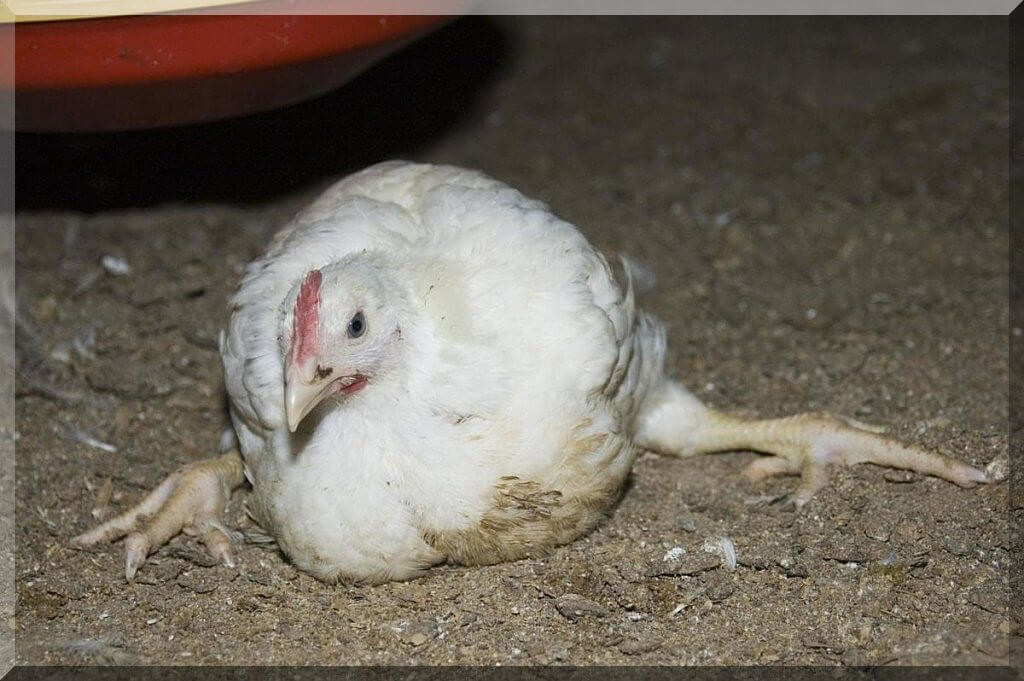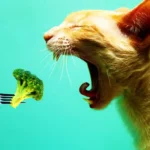When it comes to raising healthy chickens, calcium is a key player in their well-being. Just like humans, chickens require a balanced diet to thrive, and calcium is essential for their growth, egg production, and overall health. But what happens when they don’t get enough calcium? In this comprehensive guide, we’ll explore calcium deficiency in chickens, including symptoms, causes, and effective treatments. If you’re a chicken owner or thinking about raising poultry, this article is your go-to resource for understanding and managing calcium deficiency.
Main Points of Post
What is Calcium Deficiency in Chickens?
Calcium deficiency occurs when chickens do not receive enough calcium in their diet, which can lead to various health problems. Chickens require calcium primarily for eggshell production; without adequate calcium, hens may lay eggs with soft or misshapen shells. Beyond eggs, calcium is crucial for strong bones and overall metabolic functions.
Why is Calcium Important for Chickens?
Calcium plays several vital roles in a chicken’s body:
- Eggshell Formation: Hens need calcium for strong eggshells. A deficiency can lead to poor-quality eggs.
- Bone Health: Calcium is essential for developing and maintaining strong bones.
- Muscle Function: It is necessary for muscle contractions and nerve function.
- Blood Clotting: Calcium is crucial in the blood clotting process, helping to prevent excessive bleeding.
Symptoms of Calcium Deficiency in Chickens
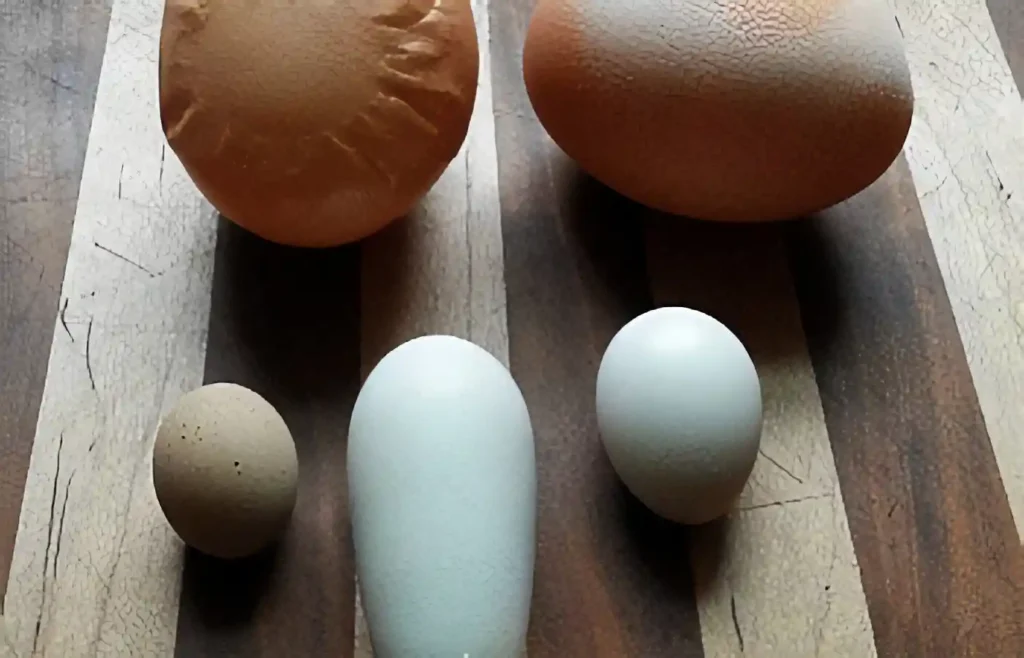
Recognizing the signs of calcium deficiency is critical for any chicken keeper. Here are some common symptoms to watch for:
1. Poor Egg Quality
One of the most noticeable symptoms is the production of soft-shelled or shell-less eggs. Hens may also lay fewer eggs overall.
2. Weak Bones and Lameness
Chickens with calcium deficiency may experience weaker bones, leading to lameness or difficulty moving around.
3. Behavioral Changes
Chickens may exhibit unusual behaviors, such as increased aggression or reduced social interaction due to discomfort or pain.
4. Decreased Feed Efficiency
Chickens may consume more feed without gaining weight or laying eggs efficiently.
5. Muscle Weakness
Muscle weakness can manifest as difficulty standing or walking.
How to Treat Calcium Deficiency in Chickens
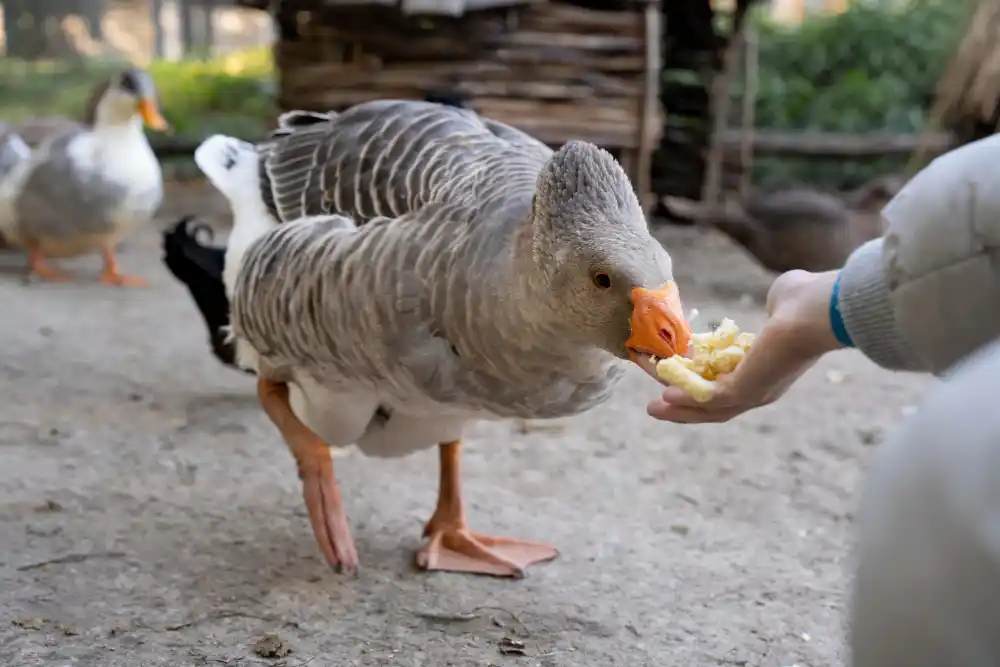
If you suspect that your chickens are suffering from calcium deficiency, prompt action is essential. Here are effective treatment options:
1. Dietary Adjustments
Add Calcium-Rich Foods
Incorporate calcium-rich foods into their diet, such as:
- Crushed oyster shells: A natural source of calcium that chickens can peck at.
- Eggshells: Rinse and crush them before offering to your hens as a calcium supplement.
- Leafy greens: Vegetables like kale and collard greens provide calcium.
Commercial Poultry Feed
Ensure you are feeding a high-quality commercial poultry feed formulated to meet the calcium needs of your chickens. Look for feeds specifically designed for layers, which typically have higher calcium levels.
2. Calcium Supplements
Consider using calcium supplements, such as:
- Calcium carbonate powder: This can be mixed with their regular feed.
- Liquid calcium supplements: Available at agricultural supply stores, these can be administered directly.
3. Monitor and Adjust
Keep an eye on your flock’s response to dietary changes. If symptoms persist, consult with a veterinarian for tailored advice.
What Causes Calcium Deficiency in Chickens?
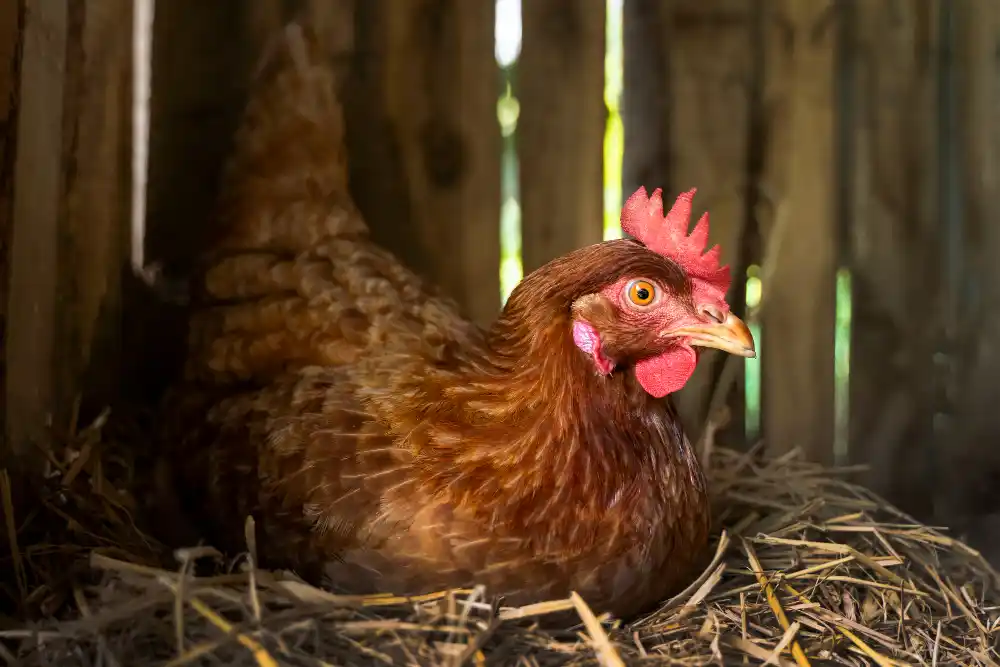
Understanding the underlying causes of calcium deficiency can help prevent future issues. Here are some common culprits:
1. Inadequate Diet
The primary cause is often an insufficient diet. Ensure your feed contains adequate calcium levels, especially for laying hens.
2. Stress
Stress factors, such as overcrowding, predators, or environmental changes, can disrupt feeding habits and lead to deficiencies.
3. Health Problems
Certain health issues can affect nutrient absorption, contributing to calcium deficiency.
Best Calcium Sources for Poultry
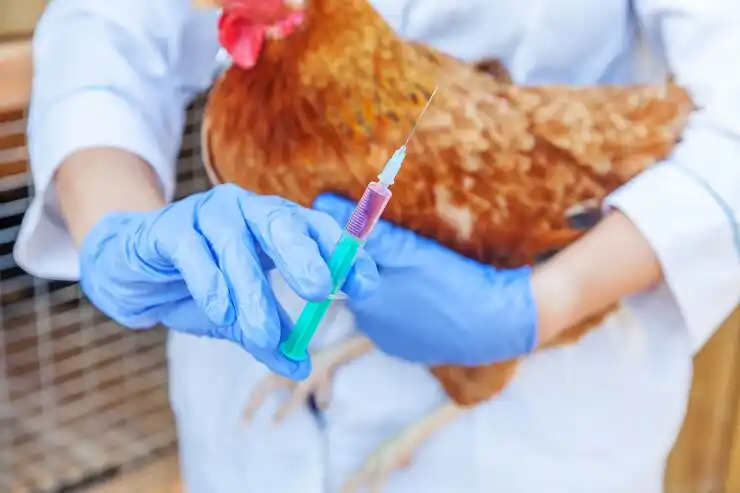
When choosing calcium sources for your chickens, consider both natural and commercial options. Here are some of the best:
1. Natural Sources
- Oyster Shells: Crushed oyster shells are a popular choice among poultry keepers for their high calcium content.
- Leafy Greens: Spinach, kale, and broccoli can contribute to calcium intake.
- Fish Meal: Rich in calcium, fish meal can be added to feed in moderation.
2. Commercial Products
Many commercial feeds include calcium supplements, so be sure to read the labels and select those specifically formulated for your flock’s needs.
Homemade Calcium for Chickens
If you’re looking to provide homemade calcium sources, here are some ideas:
1. Crushed Eggshells
Rinse and dry eggshells, then crush them into a fine powder. This can be mixed with their feed as a natural calcium supplement.
2. DIY Calcium Supplement
Mix equal parts of crushed oyster shells and dried leafy greens, and offer this blend as a supplement.
Signs of Too Much Calcium in Chickens
While calcium is crucial for health, too much of it can also be harmful. Here are signs of excessive calcium intake:
- Kidney Damage: High calcium levels can lead to kidney issues.
- Decreased Egg Production: Hens may lay fewer eggs if overloaded with calcium.
- Calcification of Soft Tissues: Excessive calcium can lead to deposits in soft tissues, causing health issues.
Frequently Asked Questions
1. What are the symptoms of calcium deficiency in chickens?
Common symptoms include poor egg quality (soft or shell-less eggs), weak bones, behavioral changes, decreased feed efficiency, and muscle weakness.
2. How can I treat calcium deficiency in chickens?
Treat calcium deficiency by adding calcium-rich foods like crushed oyster shells, eggshells, and leafy greens to their diet. Consider calcium supplements if necessary.
3. What causes calcium deficiency in chickens?
Causes include inadequate diet, stress, and underlying health problems affecting nutrient absorption.
4. What food has calcium for chickens?
Foods rich in calcium include crushed oyster shells, leafy greens (like kale), and even certain grains.
5. How do I know if my chickens are getting too much calcium?
Signs include kidney damage, decreased egg production, and calcification of soft tissues.
MY THOUGHTS
Calcium deficiency in chickens is a serious concern for poultry keepers, impacting egg production, bone health, and overall well-being. By understanding the symptoms, causes, and treatment options, you can ensure that your flock remains healthy and productive. Whether you choose commercial feed, natural supplements, or homemade solutions, keeping an eye on your chickens’ calcium intake is crucial. Regular monitoring and dietary adjustments can go a long way in preventing calcium deficiency, leading to happier, healthier chickens and, ultimately, a more rewarding experience for you as a poultry keeper.
By prioritizing their health, you’ll not only improve their quality of life but also enjoy the benefits of a thriving, productive flock.

